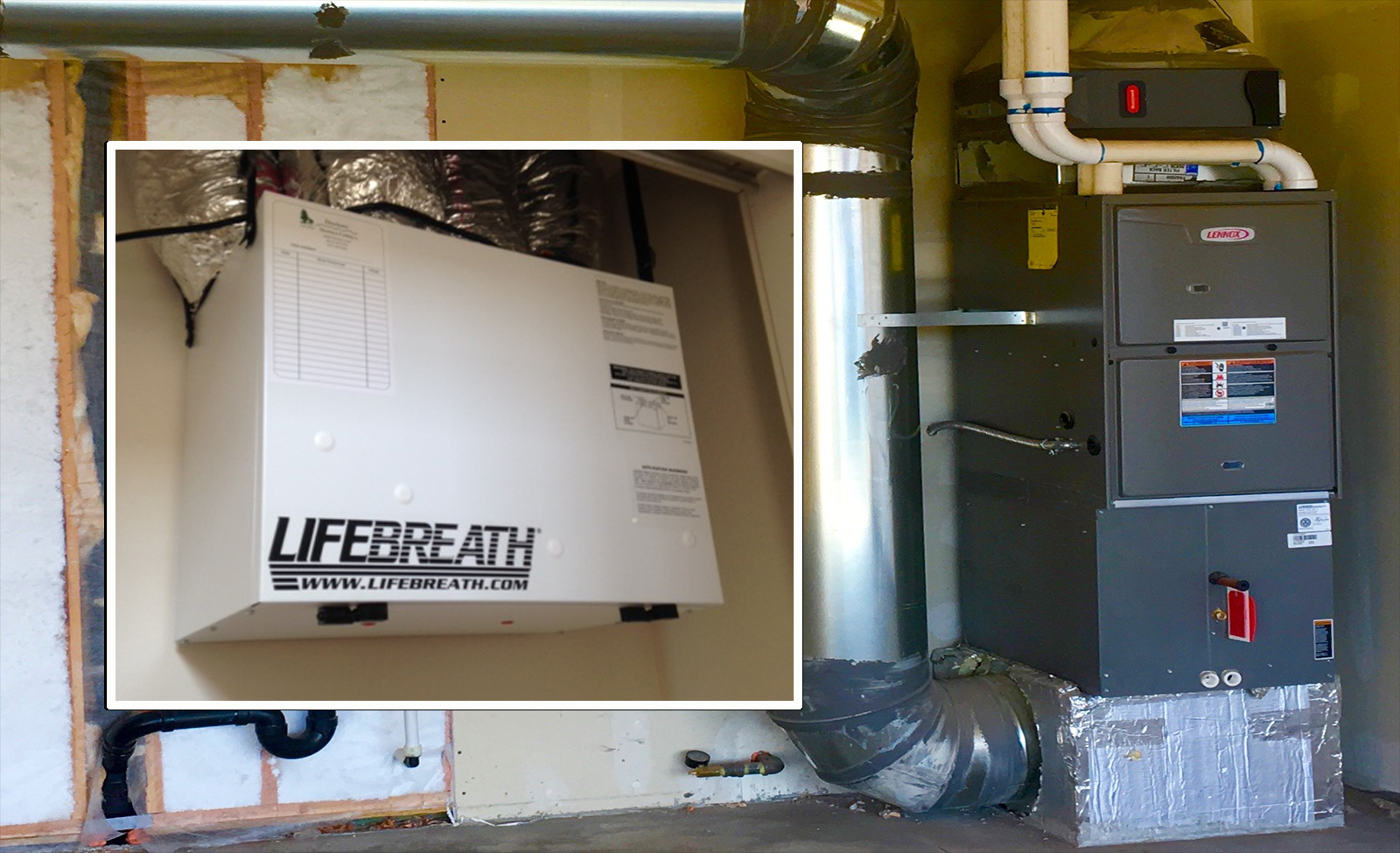Simple Tips to Maximize HRV Performance
Wiki Article
Exploring the Conveniences of Heat Recovery Ventilation for Power Efficiency in Homes
Heat Recovery Ventilation (HRV) systems offer homeowners a useful approach to improving power efficiency. By recovering heat from outgoing air, these systems can significantly reduce heating & cooling expenses. In addition, they supply a steady supply of fresh air, boosting interior air high quality and comfort levels. As property owners consider sustainable options, understanding the nuances of HRV systems becomes significantly essential. What factors should one examine before making such a financial investment?Recognizing Heat Recovery Ventilation Systems

How HRV Boosts Indoor Air Quality

Energy Cost Savings: The Monetary Benefits of HRV
Optimizing power performance, heat recovery ventilation (HRV) systems use substantial economic advantages for homeowners. By recovering and reusing warmth from exhaust air, HRVs noticeably decrease heating & cooling costs. This technology can result in power savings of up to 30%, depending on environment and use patterns. Homeowners often see minimized energy bills shortly after installment, making HRVs an economically smart financial investment in time. Additionally, lots of areas offer rewards or rebates for energy-efficient upgrades, even you can try here more boosting the economic allure. As energy prices remain to climb, the cost-effectiveness of HRVs comes to be progressively clear. In general, the consolidation of HRV systems not only promotes energy efficiency but also adds to long-term economic savings for households.The Ecological Influence of Heat Recovery Ventilation
A considerable environmental advantage of heat recovery ventilation (HRV) systems depends on their capacity to decrease general power consumption. By redeeming warm from exhaust air and transferring it to incoming fresh air, HRV systems reduce the requirement for energy-intensive heating and cooling down techniques. This reduction in power need adds to reduce greenhouse gas emissions, as less fossil gas is called for to preserve comfy indoor temperatures. Additionally, HRV systems boost indoor air high quality by successfully trading stale air with fresh exterior air, minimizing dependence on mechanical air conditioning systems that can hurt the environment. In general, the execution of HRV systems supports lasting living practices and aligns with international efforts to deal with environment modification by promoting power effectiveness in domestic settings.
Picking the Right HRV System for Your Home
Just how can house owners guarantee they pick the right heat recovery ventilation (HRV) system for their requirements? First, they ought to evaluate their home's dimension and format, as these aspects affect airflow demands. Next, examining the system's effectiveness ratings is essential, as higher rankings show better efficiency and power cost savings. Homeowners must additionally consider installment and click to read upkeep prices, comparing different brands and models for worth. In addition, it is essential to review sound levels, as some systems run even more silently than others. Consulting with cooling and heating specialists can offer tailored referrals based upon details home conditions. Ultimately, checking out individual reviews and warranties can assist in making a notified choice, making certain that the selected HRV system effectively improves indoor air quality and power effectiveness.Frequently Asked Inquiries

Just how Often Should I Tidy or Preserve My HRV System?
The regularity of cleansing or preserving a heat healing air flow (HRV) system normally depends upon usage and ecological factors. Usually, it is advisable to perform maintenance every 6 months to ensure peak efficiency and check here air quality.
Can HRV Systems Aid Lower Humidity Levels Inside Your Home?
HRV systems can successfully decrease indoor humidity degrees by trading stale, moist air with fresh, drier air from outdoors. HRV Heat Recovery Ventilation. This procedure assists preserve a balanced interior atmosphere, enhancing comfort and avoiding moisture-related issues
What Is the Life expectancy of a Regular HRV System?
The lifespan of a common heat recovery ventilation (HRV) system varies, normally lasting between 10 to 15 years. Regular maintenance can expand its performance and functional life, making certain peak efficiency throughout its usage period.Exist Any Type Of Sound Worry About HRV Equipments?
Noise interest in HRV systems can develop, especially from fan operation. Lots of modern devices are created to reduce audio degrees, guaranteeing they operate quietly while preserving efficiency, which addresses prospective disruptions in living environments.Can I Install an HRV System Myself, or Do I Required an Expert?
The specific contemplated whether to set up the heat recovery ventilation (HRV) system directly or hire a professional. Usually, while DIY setup is feasible, know-how warranties appropriate performance and compliance with neighborhood structure codes, enhancing system performance.Report this wiki page